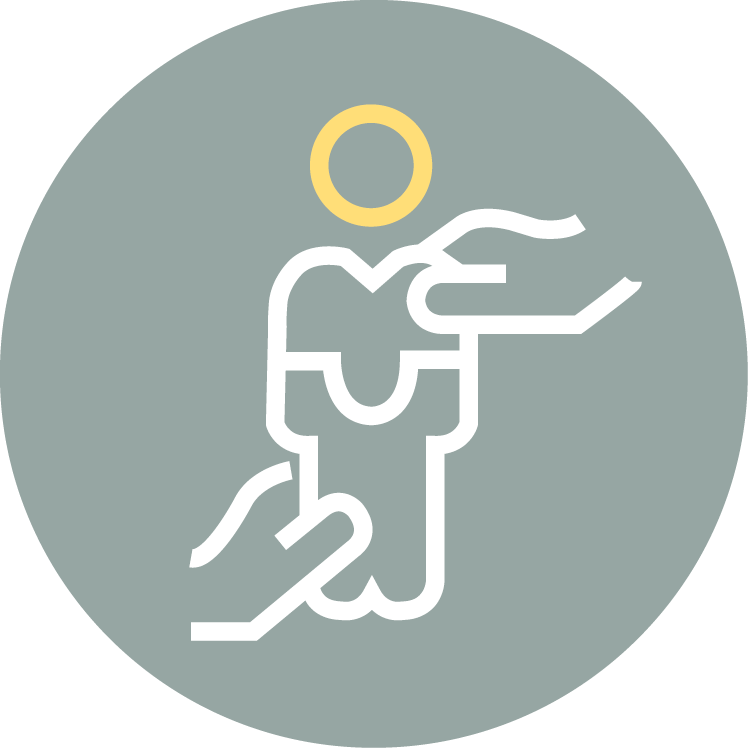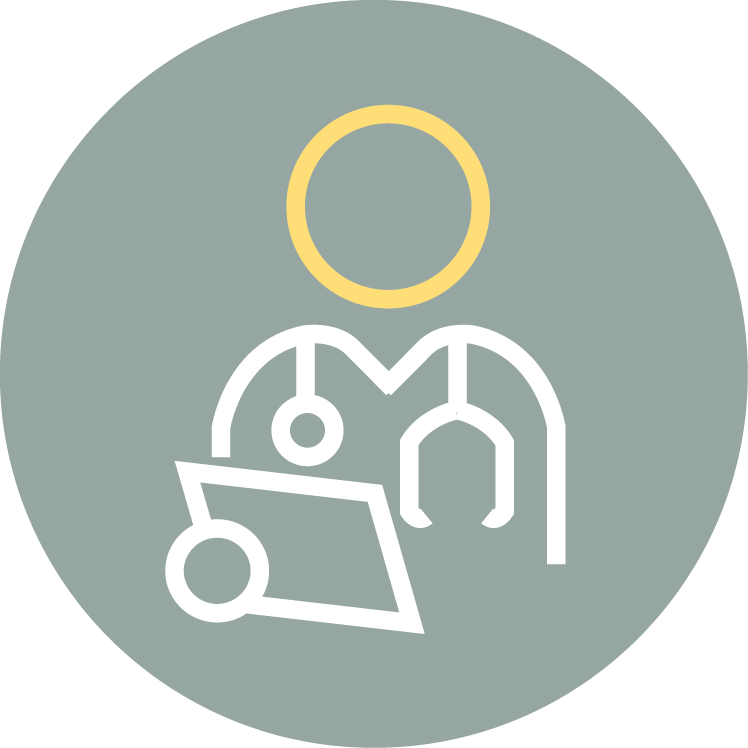The Maritimes’ trusted provider of sleep apnea assessment & treatment
We’re ready to guide you on your journey to a better quality of life through our proven process.
You’re not alone: nearly 6 million Canadians have sleep apnea
Obstructive Sleep Apnea (OSA) is a common but serious disorder that is caused by breathing disruptions while you sleep. Your breathing is disrupted when your airway collapses. This can cause loud snoring and even gasping or choking during your sleep. If left untreated, OSA can produce negative symptoms like excessive tiredness and morning headaches. OSA has also been linked to long-term health risks, including heart attack, stroke, diabetes, high blood pressure, and erectile dysfunction. The good news is that once detected, OSA can be treated successfully. The most common treatment for OSA is CPAP therapy.
What would be possible if you felt more rested and had more energy?
While Obstructive Sleep Apnea (OSA) is extremely common, it tends to go undiagnosed. This means millions of Canadians like you may be suffering from this serious but treatable condition. If you think you may have sleep apnea, The Snore Shop is ready to help.






